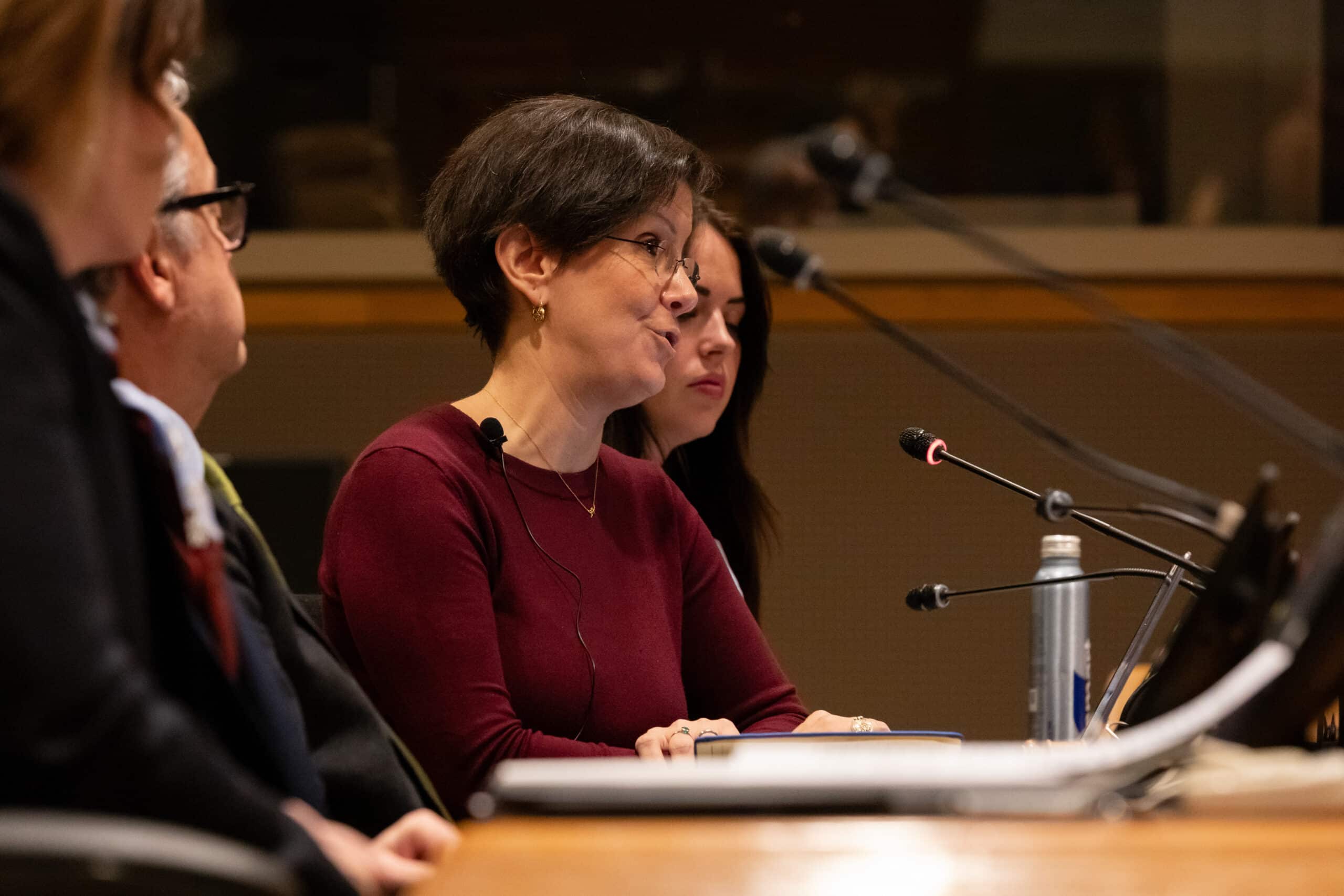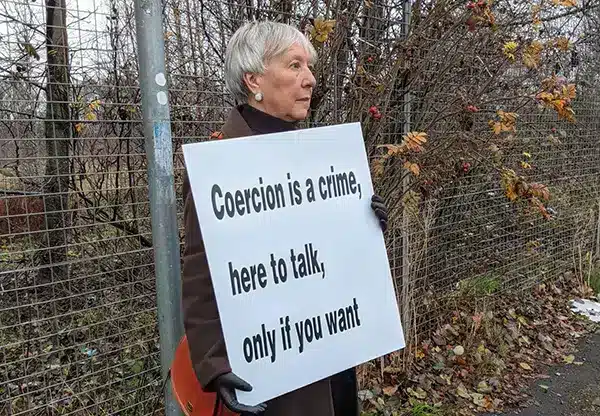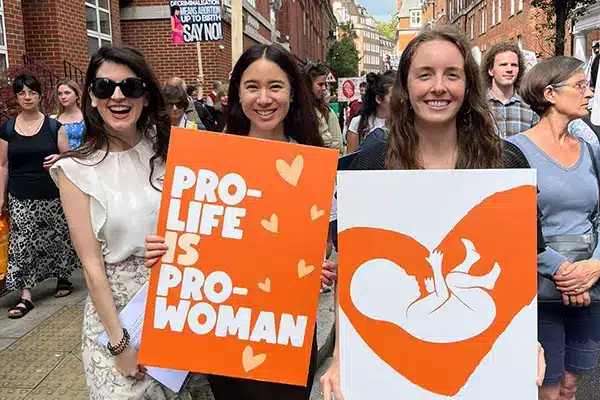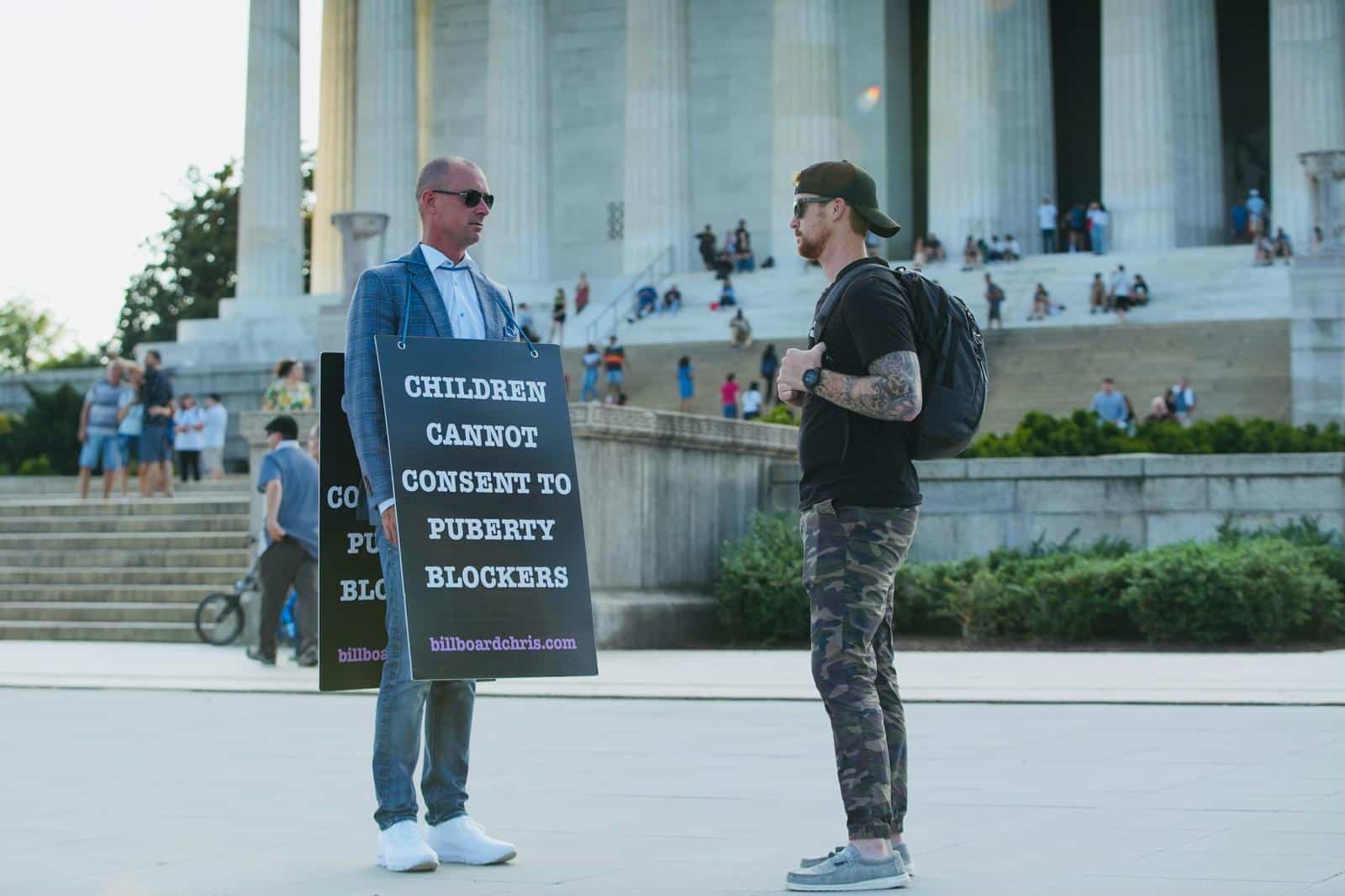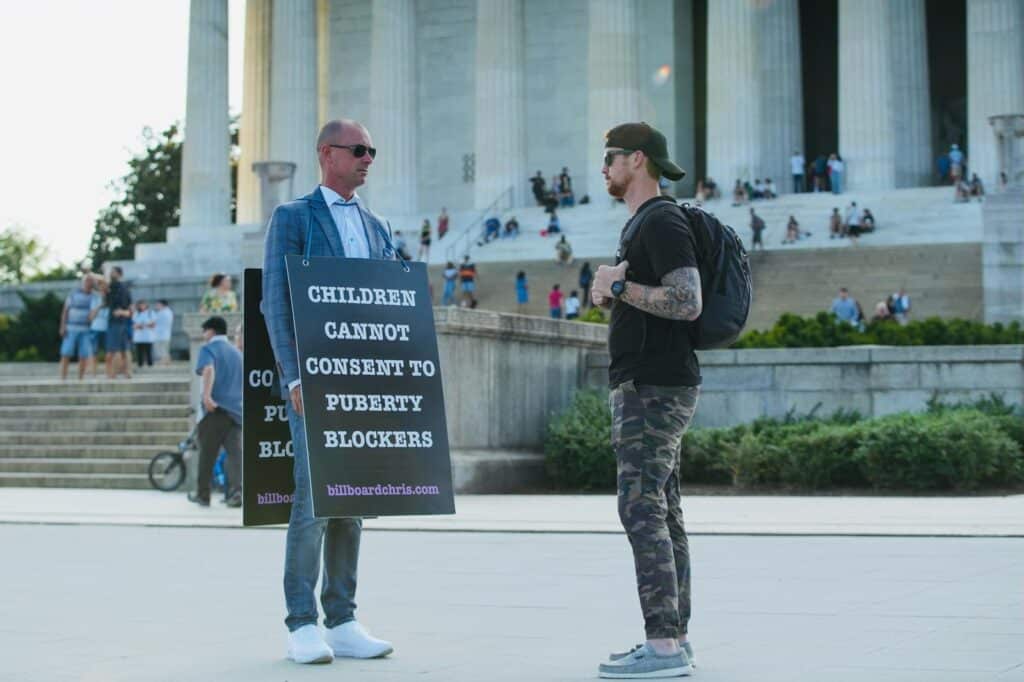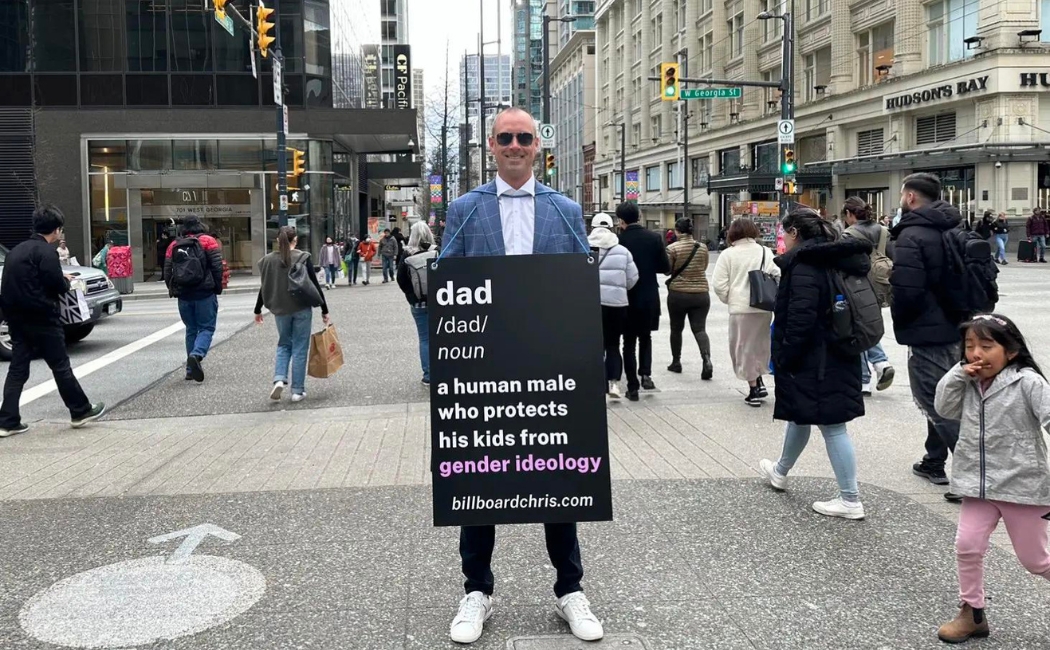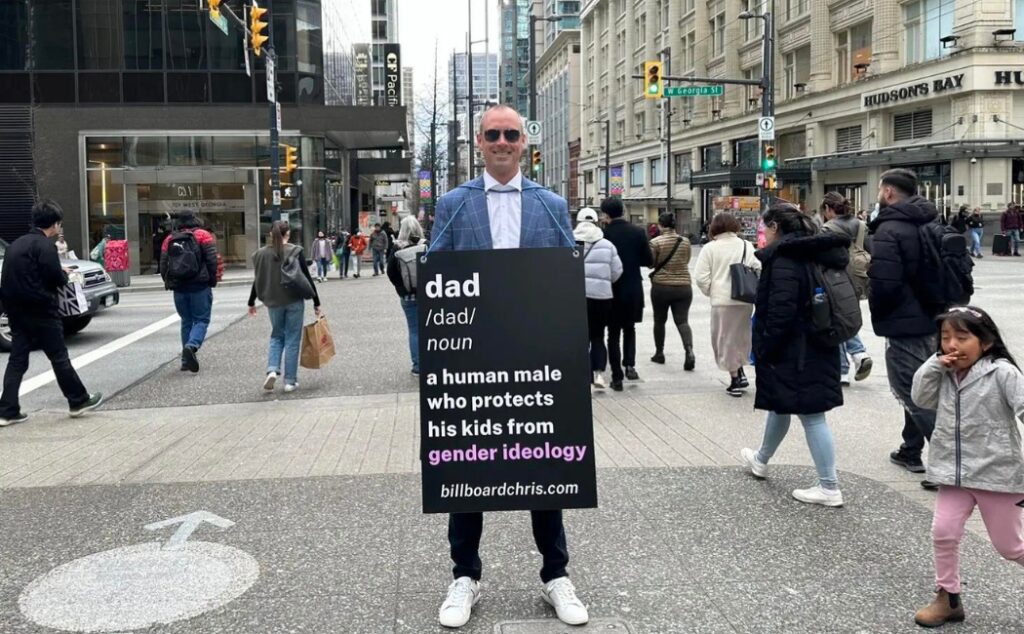- Reem Alsalem, UN Special Rapporteur on Violence Against Women & Girls, speaks up for parents who have been left “vilified, ostracised or even separated from their children” because of their concerns about child “transition”
- UN Expert joined by detransitioner Chloe Cole, urging governments to empower parents to protect children from life-altering medical interventions
GENEVA (8 September 2025) – The UN Expert on Violence Against Women and Girls, Reem Alsalem, has issued a moving appeal to governments to end the vilification of parents who protect their children from “gender transition” procedures.
Speaking via video, Alsalem warned against the “dangerous narrative” that children can make fully informed adult-level decisions about their health. “Parents and legal guardians must be part of these processes from the very beginning. Yet, in many countries, parents who do not want to endorse a ‘gender-affirmative’ approach to their children’s distress have too often been left unsupported at best, or vilified, ostracized, or even separated from their children. This is very disturbing…” she said.
"...parents who do not want to endorse a ‘gender-affirmative’ approach to their children’s distress have too often been... vilified, ostracized, or even separated from their children."
- Reem Alsalem, UN Special Rapporteur on Violence Against Women & Girls
Addressing a panel coordinated by ADF International at the UN Human Rights Council in Geneva, Alsalem was joined by detransitioner and campaigner Chloe Cole, who urged global leaders to strengthen the role of parents and shield children from harmful medical interventions and ideological pressures.
“I appeal to you: we must ensure these failures are never again repeated and that childhood is truly protected as the fragile and yet beautiful part of life that it is,” said Cole, who underwent gender transition procedures as a teenager before detransitioning.
An Appeal to Empower Parents
Cole, a detransitioner and youth activist from California, described undergoing medical interventions – including puberty blockers and testosterone starting at age 13, and a double mastectomy at 15 – before her body and brain were fully developed.
“My mom and dad have always advocated fiercely for my safety and health, but were not empowered to fulfill their irreplaceable role as guardians of my well-being. On the contrary, their protective instincts were undermined by systems and professionals who claimed expertise but withheld the truth. They stood no chance when doctors gave them the false ultimatum of choosing between losing a daughter to suicide or having a living ‘son’,” Cole told State and UN representatives gathered at the Human Rights Council in Geneva.
Cole’s testimony was featured as part of a UN Human Rights Council side event titled “Empowering Parents to Protect Children’s Health and Well-being,” co-hosted by the Permanent Mission of Hungary to the UN in Geneva and ADF International, with sponsorship from the Permanent Missions of The Gambia, Algeria, Argentina, Qatar, Vaunatu, and Uzbekistan; as well as Non-Governmental Organisations including Juristes pour l’Enfance, Asociacion la Familia Importa, Latter Day Saints Charities, the Center for Fundamental Rights, and The Heritage Foundation.
Adding to the call, Giorgio Mazzoli, Director of UN Advocacy at ADF International, reminded participants that international law recognizes the family as the “fundamental group unit of society”:
“The family must not be viewed as a competitor to the State, nor parents as obstacles to children’s rights. They are the children’s first and best guardians—entrusted by nature and recognized by law.”
Mazzoli called on governments to implement policies that respect parental guidance in education, healthcare, and identity-related decisions, ensuring that children receive care in the context of loving, informed families.
The panel also included Dr. Fanni Lajkó of Hungary’s Center for Fundamental Rights, who highlighted Hungary’s best practices for strengthening families, including reduced household costs, subsidized home loans, and generous child-raising allowances.
Images for free use in print or online in relation to this story only
Pictured: Reem Alsalem; Chloe Cole; Giorgio Mazzoli



